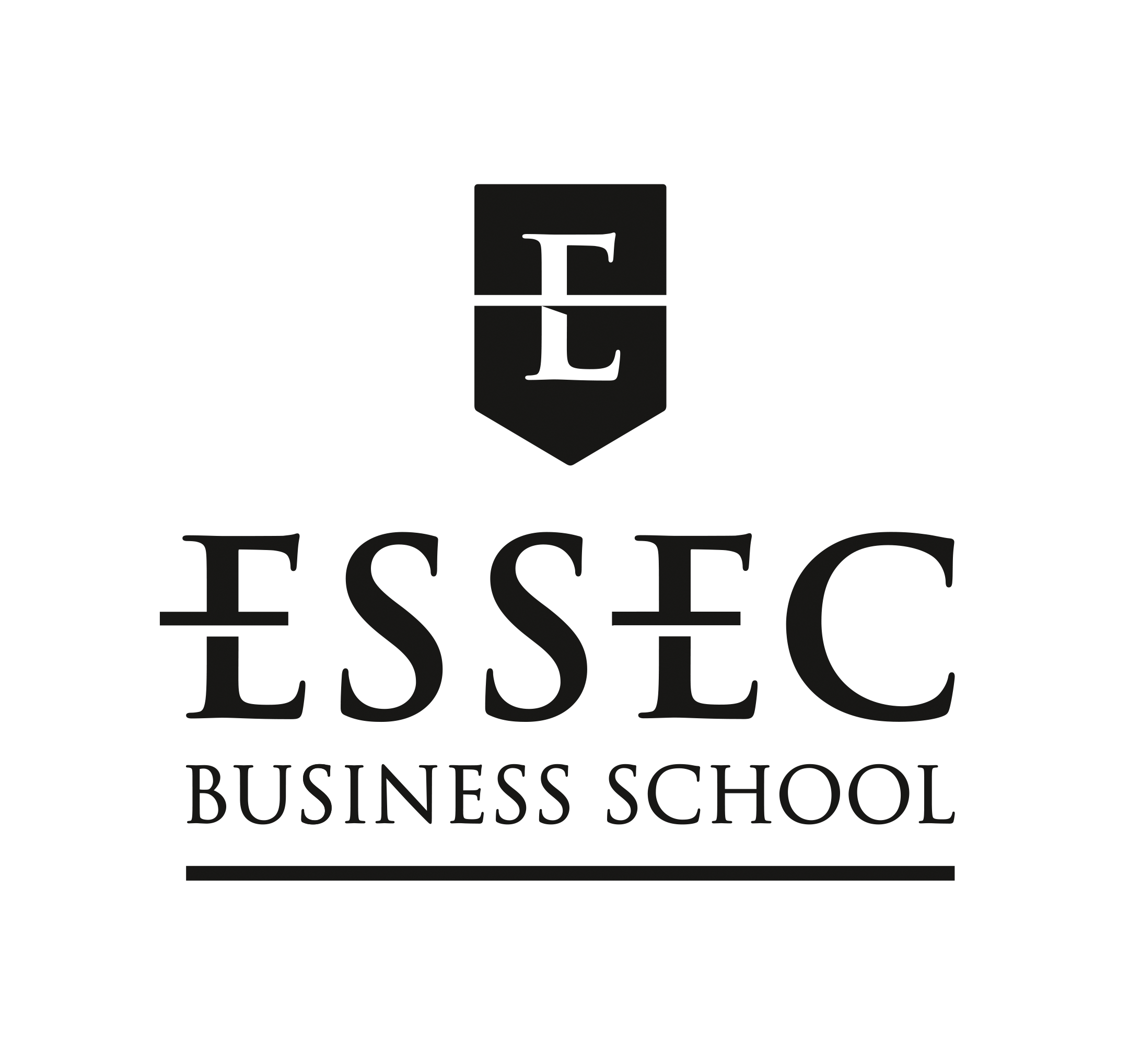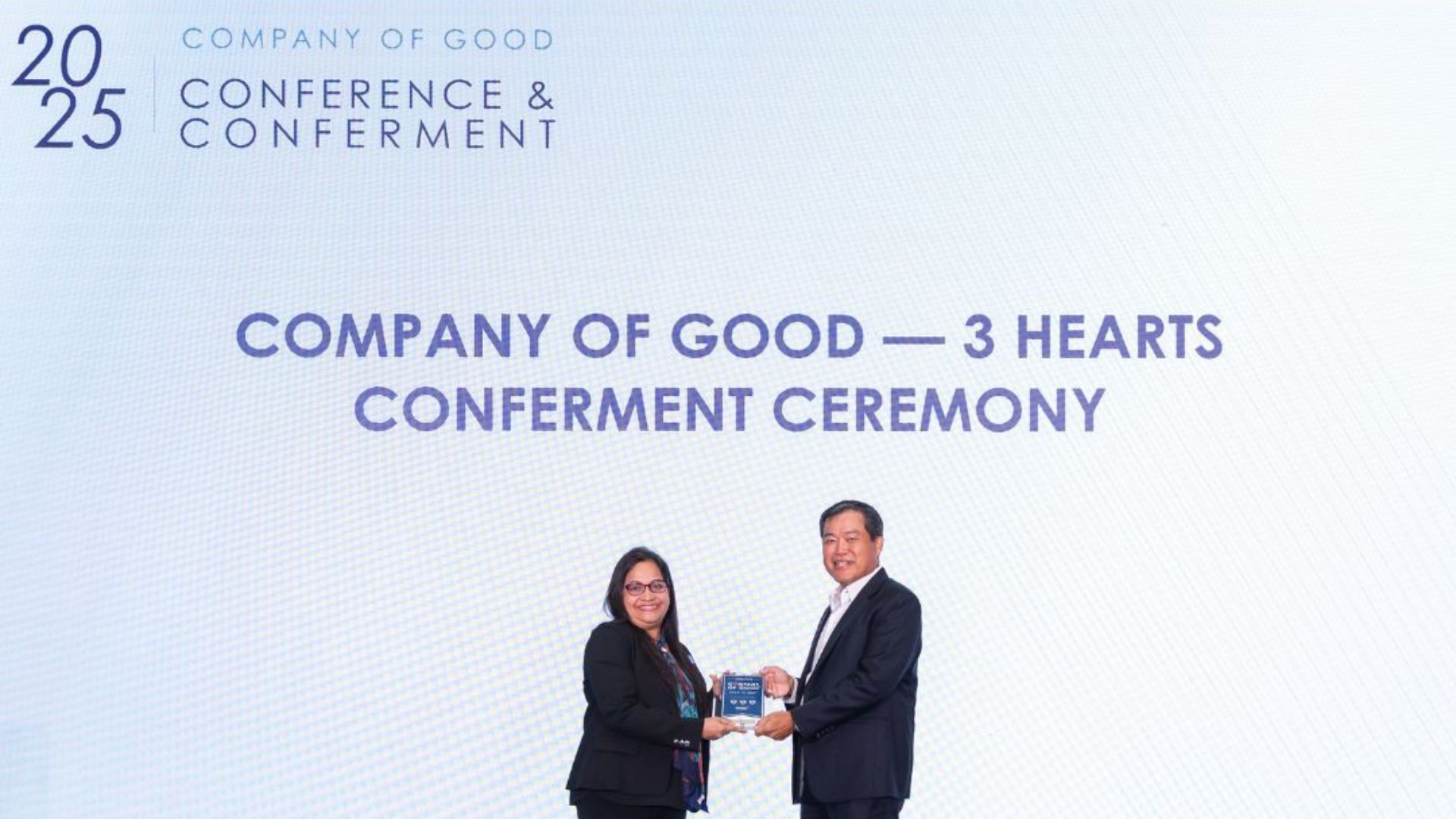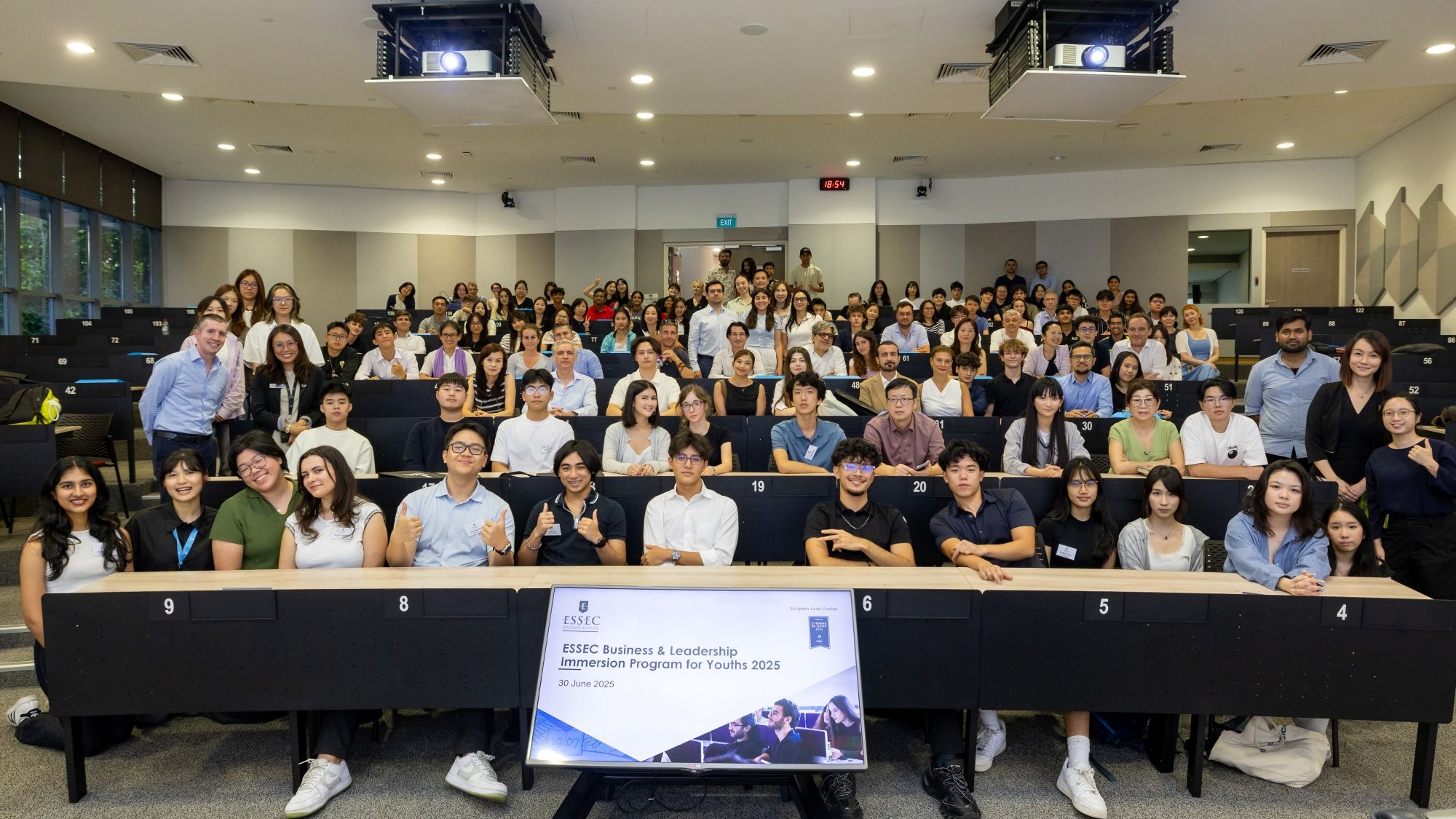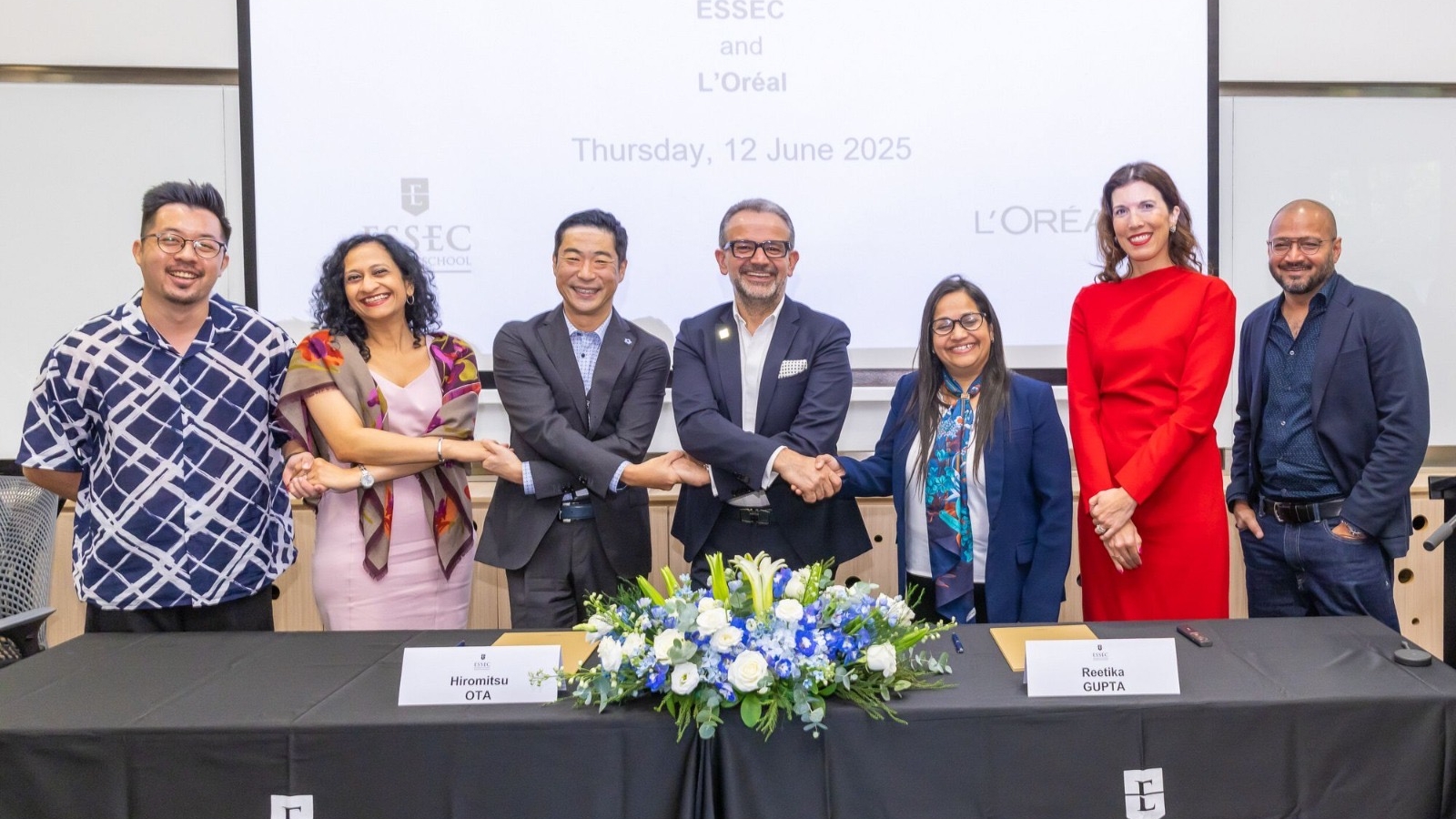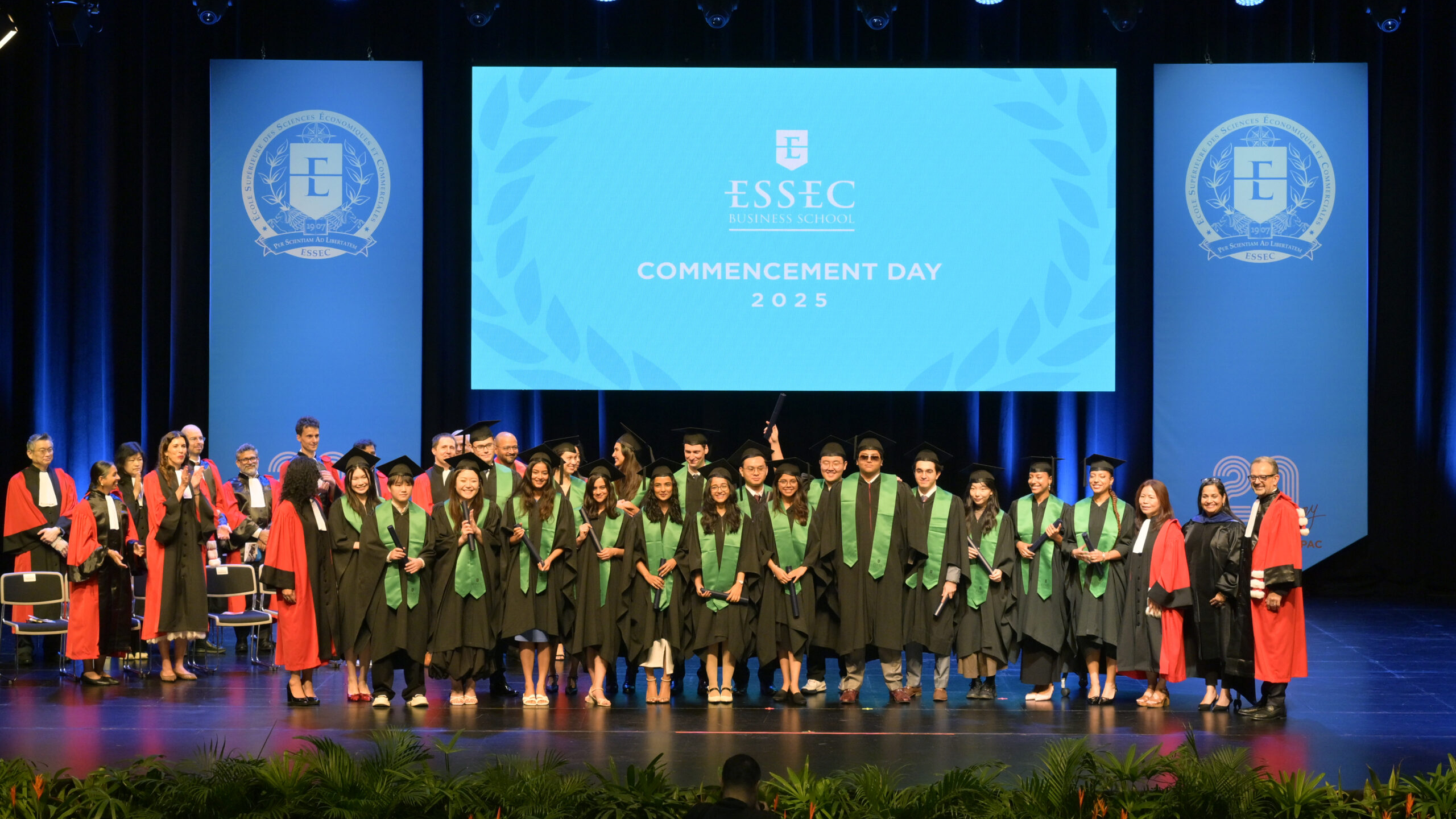Over a decade ago, ESSEC Master in Management (MiM) alumna Sylvaine Masson embarked on a journey to start the Asia branch of global M&A advisory firm Equiteq.
Private equity firms were not keen on investing in services and technology-related businesses, preferring more tangible, brick-and-mortar operations. Transactions were smaller, entrepreneurship was rare, and sustainability initiatives were almost unheard of.
Although the investment landscape looks vastly different today, what professionals need to succeed has remained remarkably consistent: a strong foundation in finance, cultural competence, and motivation to learn, Masson, who is managing director and head of Equiteq Asia-Pacific, said.
Masson spoke at an ESSEC Master in Finance (MiF) event, “Introduction Seminar to Financial Careers.” Organized by the MiF Academic Director Peng Xu and ESSEC Career Services, the event was designed to give MiF students an understanding of the career opportunities they have in the future.

Build a Firm Foundation of Skills
During her talk, Masson gave students a snapshot of the M&A industry in Asia. She shared about processes at play, how the sector is affected by inflation, and the skills needed for those who hope to enter—the most important of which is a strong foundation of finance skills.
“Business negotiation can’t be studied and must be learned on the job. But accounting, financial analysis, and technical skills in Excel can be worked on while in school,” she said, adding, “You won’t necessarily have time to catch up on these skills while working.”
Masson also acknowledged that more than academic training, although fundamental, is often needed and encouraged students to shore up their knowledge through internships.
“There is always a gap between what you learn at school and what you do day-to-day at work,” she explained. “The more exposure you have to the industry, the more prepared you will be, and the more attractive you will be as a profile because you can be staffed on projects almost immediately.”

Develop Cultural Competence
As Masson discussed the subjective nature of “value” and the art of negotiation in the M&A sector, she noted that having global exposure would give M&A candidates an advantage.
“M&A investors can come from Europe, the US, Japan, Singapore, Australia and more. You must speak the same language as your interlocutor and adapt to their needs. If you’ve never traveled and been exposed to different cultures or mindsets, it’s much harder to understand that different people may think differently,” she explained.
In addition, global exposure can speak volumes of character, she mused. “It shows that people went out of their comfort zone, so in terms of mindset, they are more likely to be able to adapt to any situation.”

Excellence Takes Effort
When comparing the state of the Asian M&A sector today with how it was in Equiteq’s early days, Masson reiterated that it offers dynamic work and a high potential for career growth.
“From a services and technology standpoint, it’s growing fast, and at the end of the day in Asia, we have three of the four biggest populations in the world—China, India, and Indonesia, so growth is expected,” she said. However, there is no golden ticket to success.
She said: “Sometimes people think because they’ve done two years somewhere, they’re entitled to a promotion, but that’s not how it works.”
“If you’re not curious and do what you’re asked to—the bare minimum—you will not evolve. You need to find purpose in what you do and meaning in your day-to-day job,” she concluded.
RELATED POSTS
Strengthening our Pledge to Good
On 1 July 2025, ESSEC APAC was conferred the Company of Good - 3 Hearts recognition by the National Volunteer and Philanthropy Centre, a significant…
ESSEC Business & Leadership Immersion Program For Youths 2025
From 30 June to 4 July 2025, ESSEC APAC welcomed over 70 high school students from all over the world for the Business & Leadership Immersion Program…
ESSEC APAC Signs MOU With L’Oréal
On 12 June 2025, ESSEC Asia-Pacific signed a Memorandum of Understanding (MoU) with L'Oréal – marking a new chapter in ESSEC’s long-running…
ESSEC x Decathlon Business Case Competition for Future Leaders
On 7 June 2025, the ESSEC Asia-Pacific Case Competition, held in partnership with Decathlon Singapore, concluded with a Final Pitch Day that…
Celebrating Commencement Day 2025
On 13 June 2025, excitement and joy filled The Theatre at MediaCorp, as over 100 graduates, their loved ones, and the ESSEC community celebrated…
A Morning with the Seniors at FaithActs
On 11 April 2025, ESSEC APAC hosted a heartwarming intergenerational event with 35 seniors, featuring yoga, karaoke, and activities led by our SMIB…
